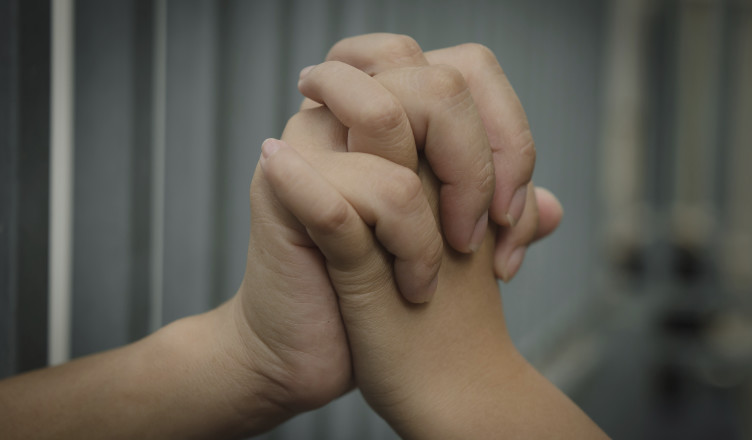The U.S. has just 5 percent of the world’s population but 25 percent of its incarcerated population. The alarming rate of incarceration in the U.S. is a hot button issue, with stories appearing everywhere from the New York Times to CNN. However, there’s a large group of blameless victims often forgot about in this discussion: the children with incarcerated parents.
More than 2.7 million children in the United States have one or both parents incarcerated while about 10 million children have experienced having a parent in jail at some point. The numbers continue to climb steadily since the early 1990s. What was once a rare issue that foster parents had to cope with has become increasingly more common.
For foster parents caring for children with incarcerated parents, it’s important to know both how this traumatic experience impacts the kids as well as exactly what the Department of Child Protection and Permanency (DCP&P) expects regarding these scenarios.
Parental visitation, as always, is handled on a case-by-case basis by the caseworker, the resource parent and the child’s family. This doesn’t change for children with incarcerated parents. In fact, visitation can be even more important in the right situation because it could help children cope with the fear or anxiety they may be feeling – especially if they witnessed the arrest of their parent.
If a resource parent doesn’t feel comfortable taking the child to visit his incarcerated parents, the caseworker can make other arrangements. But once communication between the parent and child is deemed to be helpful by DCP&P, the resource parent must accept collect calls from the parent. However, the resource parent should keep a log of calls in order to be properly reimbursed.
While it may seem strange to introduce a child to a prison setting in order to see his parent, it’s actually proven to be beneficial to his emotional well-being. Being able to talk face to face with his parent, regardless of where, eases a child’s fear while also letting him know he is not alone as he may see other children visiting their parents. It’s important that after visitations foster parents talk to the child about the experience as well as remind him that none of this is his fault.
Children with incarcerated parents are more at risk to suffer from emotional and behavioral issues. Foster parents taking care of these children might want to keep an eye out for signs of low self esteem, depression and overall withdrawal from socializing. Also children with incarcerated parents may act out inappropriately at school, and their grades could suffer. It’s important to pay attention to these behaviors and seek help if they need it.
When raising children with incarcerated parents, it’s important to communicate and let them know you understand how confusing and difficult the situation can be. When it’s deemed appropriate by DCP&P, it’s suggested you urge the child to write, visit or videoconference with his parent.
Of course, each situation will be unique. What a foster parent might do for a toddler with incarcerated parents would be different than what a foster parent should do for an adolescent. For a more in-depth and child specific look at how to care for children with incarcerated parents, licensed resource parents in NJ are urged to check out FAFS’ training.
Author: Lloyd Nelson, FAFS Digital Media Manager
Lloyd Nelson is the Digital Media Manager of Foster and Adoptive Family Services. He can be reached at lnelson@fafsonline.org.

